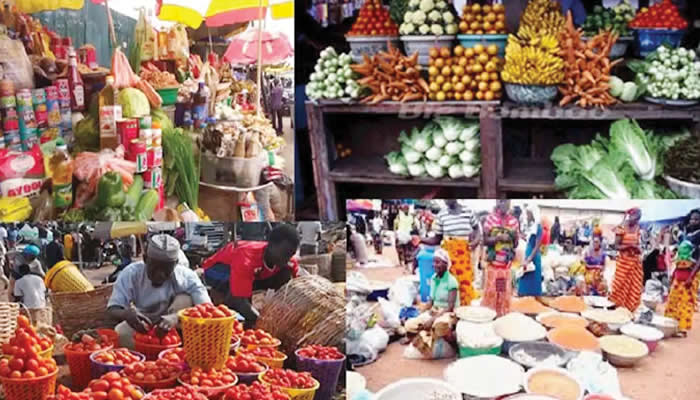
The Federal Competition and Consumer Protection Commission (FCCPC) has issued a one-month moratorium to traders and other market stakeholders involved in exploitative pricing, urging them to reduce the prices of goods.
This directive was announced by the newly appointed Executive Vice Chairman of the FCCPC, Mr. Tunji Bello, during a one-day stakeholders’ engagement on exploitative pricing held on Thursday, August 29, 2024, in Abuja.
Bello stated, “We are giving a moratorium of one month (September) before the commission will start firm enforcement. The commission will begin enforcement after the moratorium.” He noted that the meeting aimed to address the increasing trend of unreasonable pricing of consumer goods and services, as well as the unwholesome practices of market associations.
Bello highlighted an example where a fruit blender, known as Ninja, was being sold for $89 (approximately N140,000) in a popular supermarket in Texas, but the same product was displayed for N944,999 in a supermarket in Victoria Island, Lagos. He questioned the basis for the arbitrary price hike, saying, “There is no justification for such an arbitrary increase in price when compared to what is obtainable in other markets, such as Texas in the United States.”
He emphasized that exploitative practices, including price fixing, threaten the stability of the economy. “Under Section 155, violators, whether individuals or corporate entities, face severe penalties, including substantial fines and imprisonment if found guilty by the court. This is intended to deter all parties involved in such illicit activities,” Bello said. He added that the current approach is not punitive and called on all stakeholders to embrace patriotism and cooperation.
Bello acknowledged the issues raised by market stakeholders, including the high cost of transportation, insecurity, and multiple taxation, which contribute to the rising prices of goods and services. He assured stakeholders, “We have heard your genuine issues, and the government has the responsibility to address the problems, but generally, let us talk to ourselves too. There are also gang-ups to exploit consumers by traders.”
The Chairman of the National Association of Nigerian Traders, FCT Chapter, Ifeanyi Okonkwo, highlighted that charges on imported goods at the ports also contribute to price hikes. He appealed to the FCCPC to establish a task force and involve the association in enforcement activities.
Mr. Emmanuel Odugwu from Kugbo Spare Parts market stated, “The initial cost of transportation of a trailer load of tyres from Lagos to Abuja was N450,000, but now, it costs over one million naira to transport the same.”
Ms. Kemi Ashiri, the Liaison Manager at Flour Mills, urged that fines imposed by regulators should be harmonized to foster a conducive business environment. Meanwhile, Ikenna Ubaka, speaking on behalf of supermarket owners, noted, “Banks’ interest rates to supermarkets are over 30 per cent, and increases in rent, distribution, and supply chain prices contribute significantly to the high cost of goods. Additionally, exorbitant electricity charges by distribution companies are a burden on supermarket owners.”
Mr. Solomon Ukeme of the Master Bakers Association pointed out, “The rapid increment of major ingredients like flour, sugar, and butter contributes to the high cost of confectioneries. A bag of flour that formerly sold for N34,000 is now sold for N74,000. Multiple taxation is also a major cause of the high cost of bread.”
Meanwhile, it was reported that various market associations participated in the engagement, where they voiced their concerns and provided insights into the challenges contributing to the high prices of goods and services.








